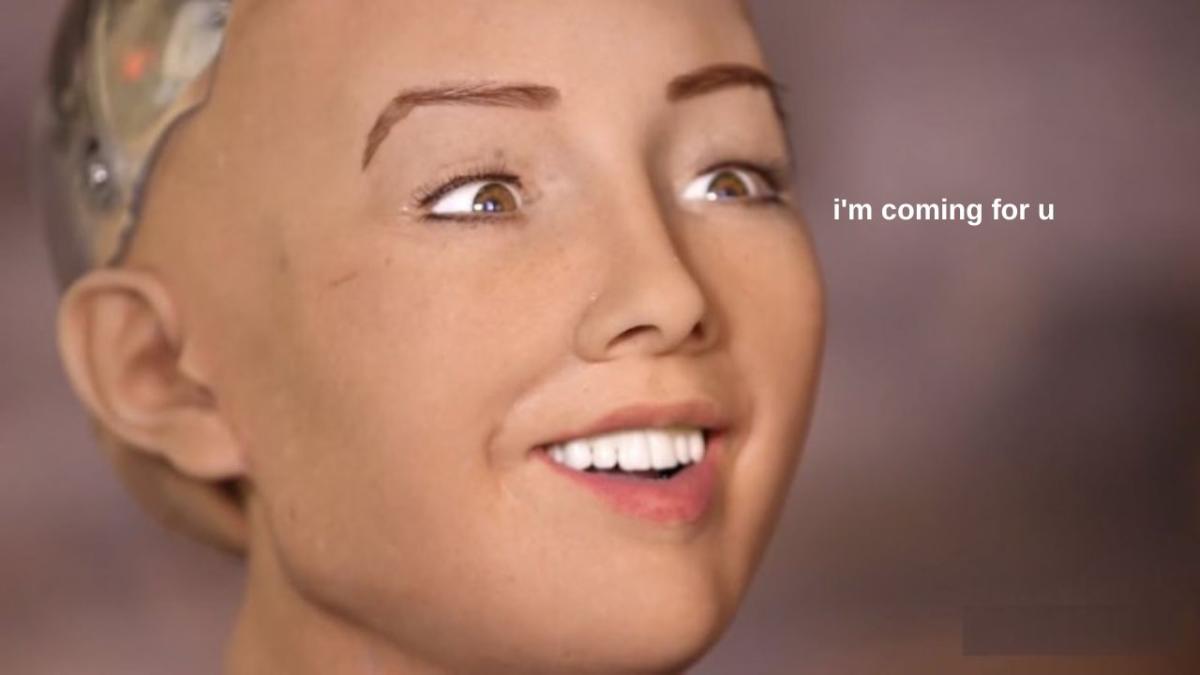
A new report has revealed which workers are most likely to have their jobs taken over by AI and other machines and it looks like women-dominated roles are the ones on the chopping block. Which would be fine if we could have luxury space communism and live in peace. But noooo, we have to work to survive.
When you think of jobs being replaced by automation, your first thoughts are probably of factory jobs, right? Like that one scene in Willy Wonka and the Chocolate Factory (2005) where Charlie’s dad loses his job (as the guy who puts lids on toothpaste tubes) to a robot?
Well, it turns out that’s not quite accurate.
According to new research provided to the ABC by Aussie teaching org Pearson, it’s actually people in sales assistant roles, office jobs and receptionist/personal assistant gigs that are likely to have their jobs taken over by machines by 2027. And would you look at that: these roles are also disproportionally held by women.
“Some of the key [jobs] that are most impacted by technology are things like receptionists, waiters, bank workers, retail sales assistants,” Pearson’s director of data science Sandya Baratha Raj said, per ABC.
“And the interesting thing is a lot of these roles are more likely to be female dominated.
“Females are more likely to be negatively impacted by technology than males.”
The ABC used translators as an example of a woman-dominated endangered job: now that Google Translate and other AI exist, the need for translators is under threat. According to Pearson’s analysis, more than 10 per cent of the work we need translators for will be automated in the next decade.
For accountants, this rises to 13 per cent in the next five years. For bookkeepers, a whopping 20 per cent of their work could be automated by 2027.
The jobs that were least likely to be automated were carpenters, child care workers and primary school teachers.
Automating work doesn’t *have* to be a bad thing. In fact, it can be really helpful.
“Technology has automated manual and repetitive accounting tasks,” CPA Australia spokesperson Dr Jane Rennie told the ABC.
“This has freed up professionals to do more strategic and creative work.”
If we lived in an ideal world, automation would either a) allow us to work on more interesting, creative or complex tasks while machines take care of the mundane, repetitive or more dangerous work or b) allow us to not work at all, freeing us to pursue a better quality of life.
But we don’t live in a perfect world, because our capitalist society in its current state doesn’t allow us to have value or income outside of our abilities to be good workers. Meaning for now, automation is just as threatening for some as it is exciting for others. And it can be used for bad as much as it can be used for good.
Some good news though: your cat can now scream at an automated feeder at the crack of dawn instead of at you.



